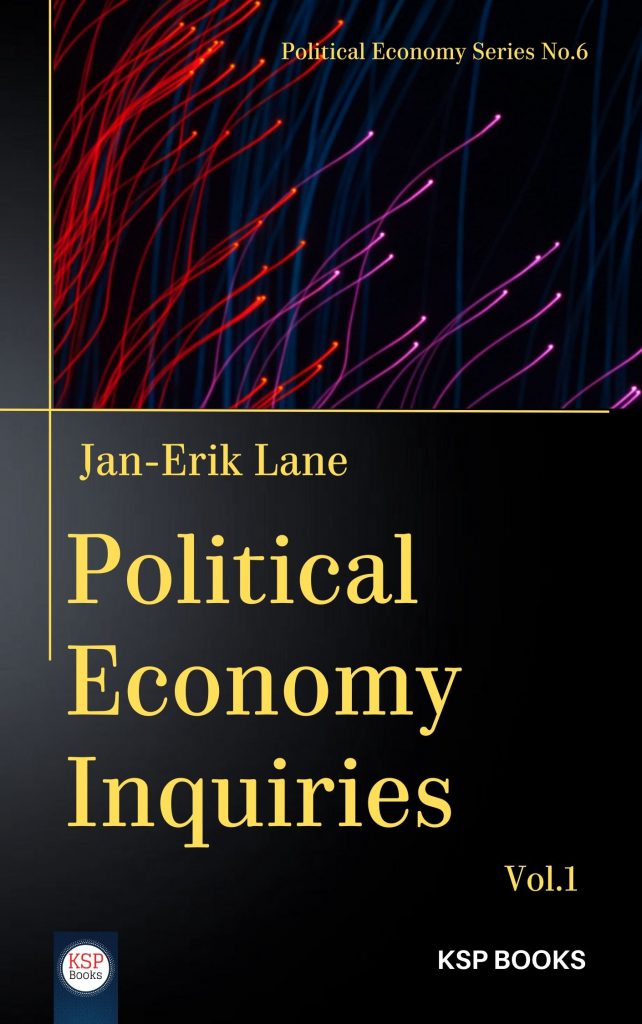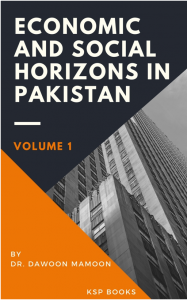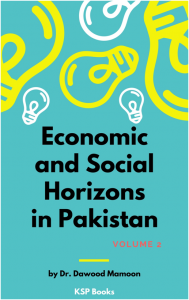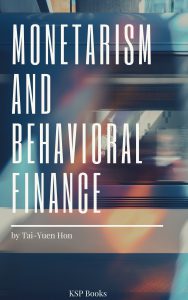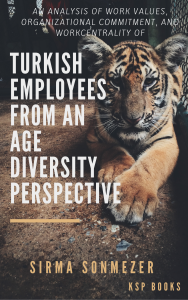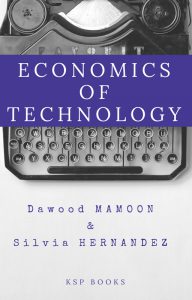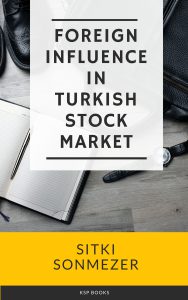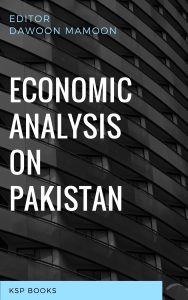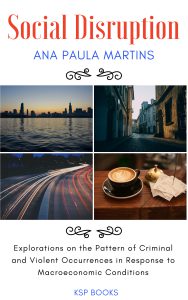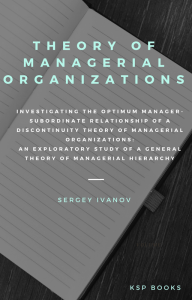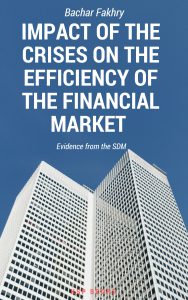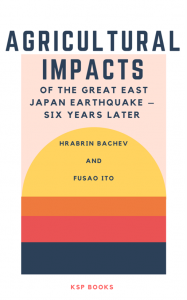Synopsis
It is possible to present a brief summary of the subjects that the chapters in this book focus on.
Ch 1. The principal-agent models may be employed to elucidate central problems in interaction between prin-cipals and agents in both policy implementation and public policy-making concerning performance and remuneration. One then hits upon the double principal-agent relationships that are typical of the policy cycle, from policy-making to policy implementation and back: 1) government as principal for agents in public service delivery; 2) the population as principal for political agents under various forms of rulership.
Ch 2. Today there is a set of well-ordered countries to which many people would liķe to move. What is their advantage? Reply: they are well-ordered im the public and private sectors adhering to the Keynesian model of a mixed economy.
Ch 3. The Republic of Fiji Islands has been under military rule since December 2006. Yet, the regime of Frank Bainimarama is not really like any other military regime in the world, nor does the 2006 coup resemble the earlier military interventions in the country. It is attempting development without freedom, but can it succeed? It is important to recognize that dictatorships can be of very different kinds. What happens with the Bainimarama regime will have a major impact upon the Pacific scene, not only for the Fiji Islands but also for the Pacific Forum and the role of China in regional integration. And the course of future events will depend much upon what strategy Fiji´s strongman chooses and what kind of constitution is put in place.
Ch 4. Political systems allocate values authoritatively, stated David Easton in a few major books. The allocation of public services and distribution of transfer payments make up the public sector which everyone is bound by. The structure of authority has strong impact upon two values, freedom and equality. It is the outcome of the profound principal-agent game that is the core of politics.
Ch 5. The development of theories of asymmetric information and of opportunistic behaviour is very important for understanding the increase in so-called affairs in capitalist democracies. The frequent occurrences of economically immoral behaviour in state and society call for mpre refined inquiries into various types of cheating and bluffing. Traditional economic theory only covered monopoly and collusion, but realistic political theory acknowledged the relevance of mmoral activities. Here we reject the naive approach, calling everything “corruption” and calling for moral rearmament to build up something as diffuse as “social capital”. Distinguishing between petty and big corruption is the key for modelling economically immoral behaviour comparatively, as well as separating between defection, corruption, looting and bluffing.
Ch 6. More than half of the countries on the globe are dictatorships. What drives the dictator and his or her entourage is the quest for money. The standard wisdom says power, but it only applies to rule of law countries, i.e. the democracies. The politics of looting is more pervasive than the theory of power entails. This article examines the mechanisms of a dictatorship. The article concludes that the remuneration of politicians may get out of hand. This is very much the case when looting occurs. It is feasible in any dictatorship – actually its main reason.
Ch 7. Looting typically stands for mass riots and civil unrest resulting in shop lensing. However, we can in a fruitful manner broaden the concept to include the management of embezzlement in the state. It is not the same as corruption. And it drives dictatorships
Ch 8. Swedish sociologist and Nobel laureate Gunnar Myrdal focused on Asian poverty in his major work An Asian Drama (Myrdal, 1969). Now after fifty years of rapid economic development it is time to inquire into institutional performance and we-ordered societies. The measuring rod -rule of law- has nò basis in mainstream Asisn philosophies: neither Hinduism or Buddhism nor Confucianism or Shintoism.
Ch 9. The social sciences know three great founders: Marx, Durkheim and Weber. My candidate for number 1 is Weber, because he mastered both the micro and the macro.
Ch 10. Max Weber became famous for a number of macro theories but his long lasting contribution is his Wissenschaftslehre.
Contents
About the Author
ISBN
978-625-8190-27-4
Date of Publication
October 28, 2022
File Size: 3354 KB
Length: xiii + 128 pages
This work is licensed under a Creative Commons Attribution 4.0 International License.
